Key points
We probably all know how it feels to sleep badly and then have to battle through a day of work. Your productivity dips, normal tasks feel suprisingly difficult and the clock seems to tick extra slowly all day.
But what happens when the bad sleep days outnumber the good? In this article we’re looking at why we need to be able to have open conversations in the workplace around insomnia and work. We’re going to explore:
- why you shouldn’t feel you have to hide your insomnia from your employer and colleagues.
- the risks involved if you’re going to work with no sleep
- is insomnia considered to be a disability?
- legal obligations of employers and employees when it comes to insomnia
- how to seek help when insomnia is affecting your work.
Are you tired of going to work exhausted from lack of sleep?
If a sleep problem is interfering with your daily life and affecting your work, then it’s time to take action. Sleepstation can help you to identify the root cause of your poor sleep, create a plan for you to follow and support you as you rebuild your sleep.
Introduction
Are you worried when your colleagues see you take that fifth trip to the coffee machine? Do you try to hide the bags under your eyes every morning? Are you pinching yourself to stay awake in front of the PC?
Insomnia can be a debilitating condition but people are often embarrassed to talk about it — especially with colleagues.
It’s perfectly understandable but potentially perilous. A lack of sleep can have a real impact on your work but work could also be affecting your sleep. It’s unwise to ignore the elephant in the room.

Honesty is the best policy
Fortunately the modern workplace is becoming a far more understanding and accommodating environment. Many companies now realise how much the health and wellbeing of their workforce is crucial to a successful business.
The traditional notion of ‘not bringing your problems to work’ is outdated and out of sync with a modern approach to employment.
There’s been a dramatic shift towards encouraging employees to be more open and honest about pressures beyond the workplace and problems related to their personal lives.
You should feel comfortable and confident at work talking about absolutely anything and everything that might impact upon your ability to do a good job. That includes sleep.
If you’re working towards treating your insomnia then the support of colleagues can make all of the difference when it comes to getting a good night’s rest. Good support is key to enabling you to defeat your sleep problem.
The ideal situation is for you to have access to professional sleep coaches who can diagnose your issue, set a clear plan on what you have to do to improve you sleep and offer consistent support throughout the whole process.
This has been proven time after time to achieve the most consistent results and addresses the underlying reasons behind your sleep problem, which sleeping pills cannot do.
You might automatically rule that out as a possibility because you don’t know how to contact a sleep coach, there are probably waiting lists or it sounds like it’s going to be expensive!
In fact, it’s none of those. Answer a few short questions to see if Sleepstation can help you and in no time at all, you could be talking to our sleep coaches from the comfort of your home in your own time, on the way to better sleep.
So should I tell my boss that I have insomnia? If you work in a safety-critical environment, then absolutely.
You have an obligation to inform your line management about anything that may potentially impact your safety at work. That includes your insomnia.

But why should I tell my boss that I have insomnia?
There are many reasons. However, when it comes to illustrating the impact of disrupted sleep on your ability to work effectively and efficiently let’s use an example comparing a lack of sleep with the consumption of alcohol.
If you’re someone who usually sleeps for eight hours a night then every two hours lost can have a severe impact on your performance the following day. Losing two hours of sleep per night can be equivalent to consuming two 500ml beers.
Losing two hours = drinking two beers
Losing four hours = drinking four beers
Losing six hours = drinking five beers
Losing eight hours = drinking seven beers1
Turning up to work under the influence of alcohol would be a disciplinary offence in most workplaces. Yet people often turn up to work sleepy even though the impairment of their performance is equivalent to drinking the night before. You wouldn’t turn up to work drunk and you shouldn’t start work tired.
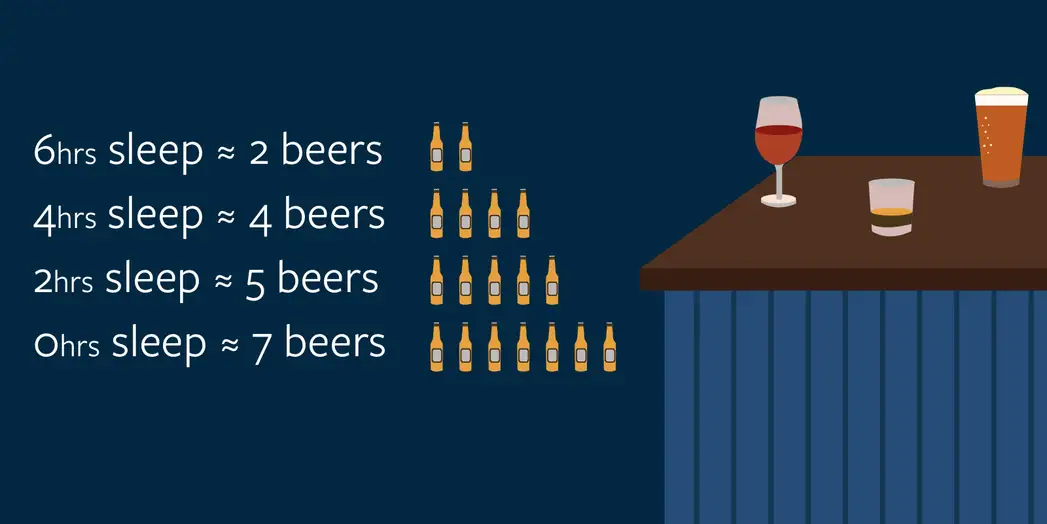
Opening up at work about sleep
If you feel that you’d like to open up to someone at work then you might need to find a person who will be sympathetic to your concerns. Should you tell your boss that you have insomnia? Ideally, yes.
But if you don’t feel that conversation would go well then it might be better to talk to someone in HR or occupational health. It’s likely they’ll have had many similar conversations and have an effective policy in place.
What if your employer’s difficult to deal with?
For many people experiencing insomnia, the modern workplace where you can discuss your sleep issues openly, confidently and without judgement may still feel like the stuff of dreams.
You may work for an employer unable or unwilling to accept that employee welfare and wellbeing are of paramount importance. Or you may find yourself in an environment where there’s an unspoken rule that you must undertake extra, often unpaid, hours in order to keep your job.
In these situations it can be incredibly difficult to have an open and honest conversation about sleep.
You might be worried that revealing your struggle with sleep will be perceived as an admission of weakness or failure on your part. You might prefer to bury your head under the pillow rather than bring a serious problem to light.
In these instances, it’s worth making a plan ahead of time and being aware of the facts surrounding insomnia and employer obligations.
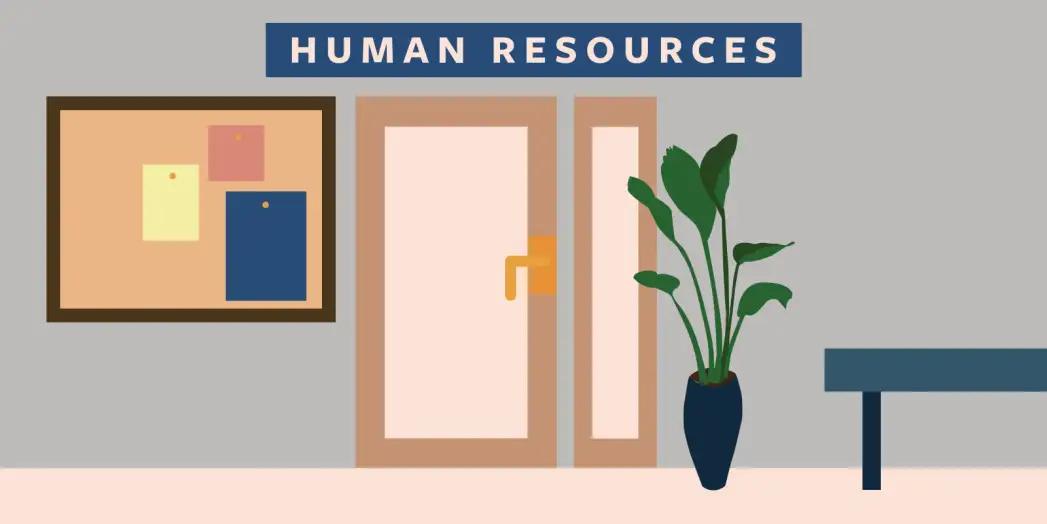
Your work may be affecting your sleep
It’s an employer’s duty to protect the health, safety and welfare of their employees and other people who might be affected by their business. Employers must do whatever is reasonably practicable to achieve this.
This means making sure that workers and others are protected from anything that may cause harm: effectively controlling any risks to injury or health that could arise in the workplace.
The government webpage of the health and safety executive (HSE) has clear and full details of the employer’s responsibilities towards their employees.
So, if your employer is doing something that has a demonstrable negative effect on your sleep, then this is a legitimate cause for concern. It should be discussed as a matter of urgency and a solution implemented where this is practical and reasonable.
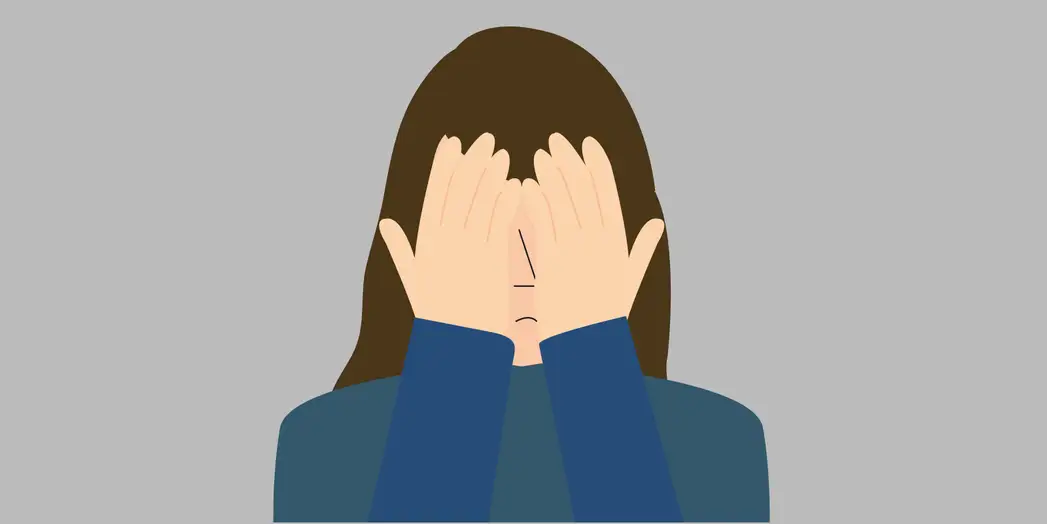
As an employee you have responsibilities and obligations
You often hear that people have problems with their sleep because their boss expects them to work long hours.
You’ll also come across colleagues who boast about their early starts and their late nights, wearing the ‘sleep is for wimps’ badge with pride.
And there’s no doubt that the pressures of work can lead to disrupted sleep.
But it’s not always a one-way street.
It wasn’t your boss who persuaded to stay out later with friends, binge-watch your favourite Netflix series into the early hours or watch yet another funny cat video on social media.
There are many things that a company can do to help, but employees have a much greater responsibility for their own sleep.
You might dislike — or disagree with — your boss to such an extent that you feel demotivated and ground down.
Even so, it’s your responsibility to turn up for work fit and well. Risk entering the workplace tired — as well as disinterested — and you’re a health and safety disaster waiting to happen.
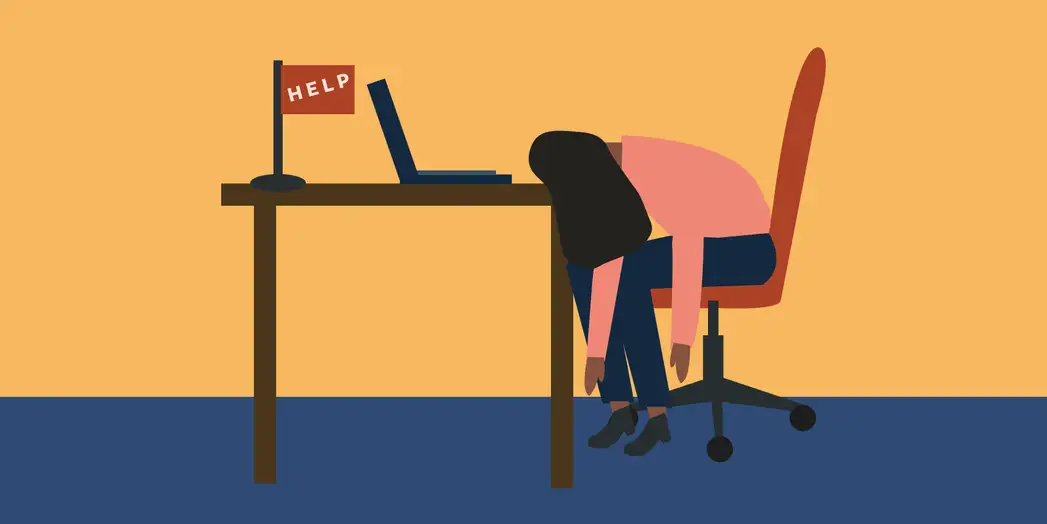
Should I go to work if I’ve had no sleep?
Almost certainly not. Depending on your job, going to work with no sleep can mean that you’re a health and safety risk to yourself and your colleagues.
If something needs to be done urgently, then make your employer aware. But without any sleep you’re not the right person to do it.
Can you call in sick for insomnia?
If you’re experiencing chronic insomnia and you repeatedly feel unable to work because of sleepiness then it’s perfectly justifiable to take sick leave.
Your employer may expect you to be actively seeking treatment for you sleep problems or for the medical conditions that may be disturbing you sleep.
Any sleep disturbance that interferes with your daily life warrants investigation, so if you’re missing work due to insomnia then you should speak your GP about it.
If you’re experiencing poor sleep occasionally, then you should make your boss aware of it and discuss how you can address it.
If your tiredness is a result of an isolated event — and not self-inflicted — then it’s perfectly OK to say that you’re unable to work that day on health grounds.
If it was because you went to bed very late, after a big meal and a few too many drinks, then it’s self-inflicted and you should expect as much sympathy from your boss as if you said you couldn’t come to work because you have a hangover!
Explain that you’re not fit to work but accept that it’s your fault and admit the mistake.
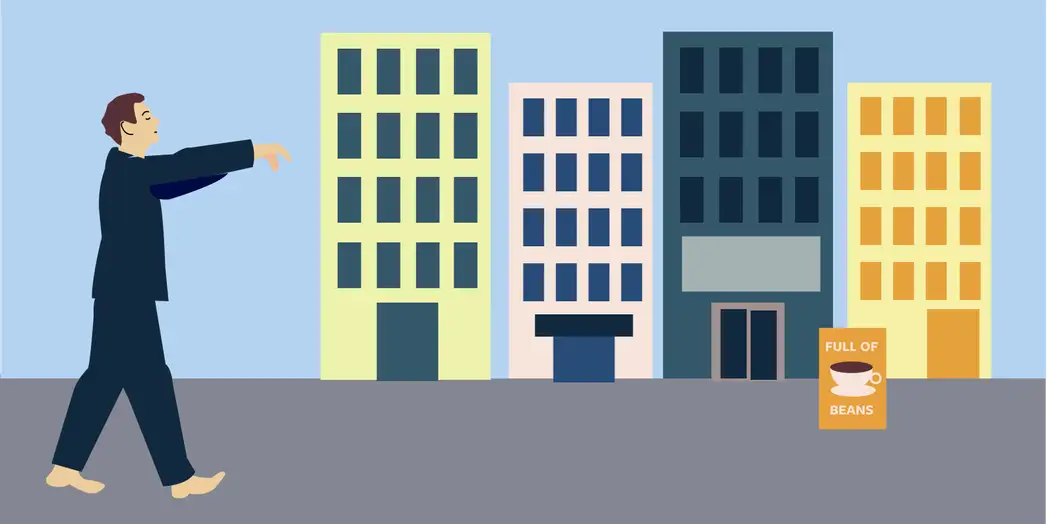
Is insomnia a disability?
It could be. If your insomnia has persisted for more than 12 months and it’s having a substantial and long-term effect on your health — and affecting your ability to perform day-to-day activities — then you may be able to argue your case.
There’s a possibility that, under the Equality Act 2010, insomnia could constitute a mental disability. Legally, it would be down to you to be able to prove that the effects of your insomnia are substantial.
If you feel that this is the case then informing your employer may form the basis of an understanding concerning your insomnia. This doesn’t imply that you would be eligible to claim any sort of disability allowance because of chronic insomnia, as eligibility under the law has not been established.
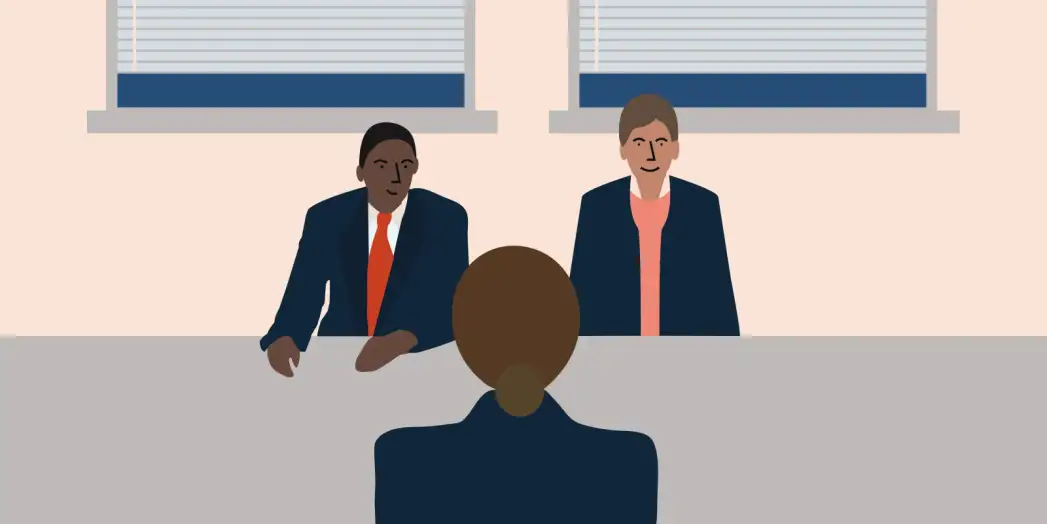
The insomnia conversation
It may feel daunting to discuss your sleep problem at work, but insomnia can affect all aspects of your mental and physical wellbeing, so it’s not something trifling that can be swept under the carpet.
A good approach may be to work out what you want to say beforehand, so you don’t get flustered. Your employer may appreciate it if you propose a plan ― as well as addressing your health, an employer will also need to think about their business.
Presenting both a problem and a solution is a great way to show that you’re in control and that you’re prepared to offer the necessary commitment to your work.
Part of that plan could be demonstrating that you’ve already taken the first steps towards solving your sleep problem and Sleepstation could help.
Our NHS-accredited sleep improvement programme is highly effective and could help you to take control of your insomnia and improve your sleep. With good sleep, you should see improvements in your effectiveness and efficiency in the workplace too.
Good sleep is so crucial to your overall mental and physical health. When we sleep badly, our mood tends to suffer and feelings of anxiety and depression can creep in. So by addressing your insomnia, you’re also likely to see improvements in how you feel both mentally and physically.
This can have positive impacts on both your work and daily life. So don’t keep your insomnia a secret, answer a few questions about your sleep and we’ll tell you how Sleepstation could help you get the sleep you deserve.
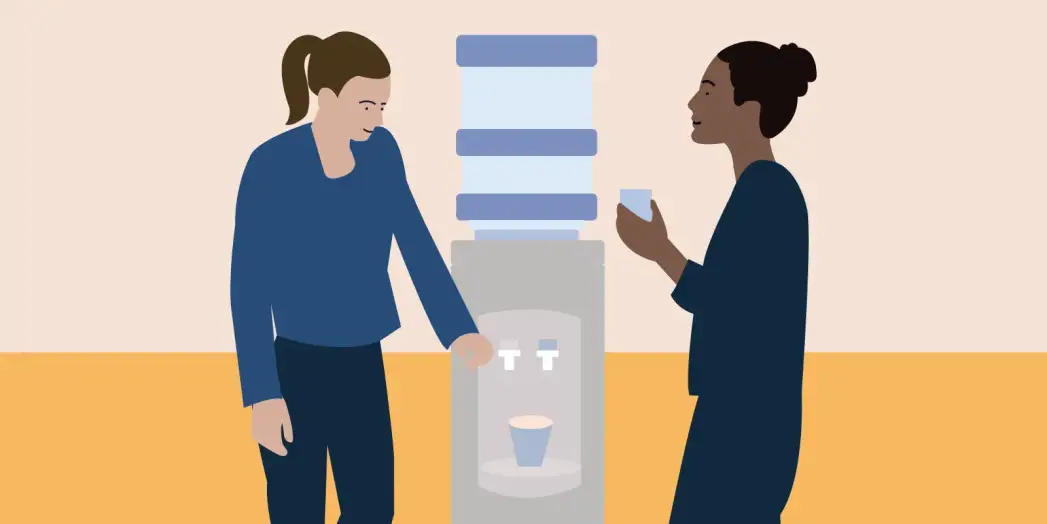
Summary
- Sleep can negatively affect work performance but work can be a factor in your poor sleep.
- There may be a ‘sleep is for wimps’ attitude in your company so talking about insomnia could be difficult.
- In a safety-critical industry you should inform your employer of anything — including poor sleep — that reduces your ability to work.
- Initially, your HR department or occupational health team may be the best people to talk to about regarding your insomnia.
References
- Roehrs T, Burduvali E, Bonahoom A, Drake C, Roth T. Ethanol and sleep loss: a “dose” comparison of impairing effects. Sleep. 2003 Dec 1;26(8):981-5. ↩︎